Provide diverse and free learning along with knowledge and skills in data science.
We will develop human resources who will lead to the realization of a sustainable future.
- Faculty/Department Name
- Faculty of Data Science Department of Data Science
- Admission capacity
- 80 people (capacity: 320 people)
- Period of study
- 4 years
- Acquired degree
- Bachelor of Data Science

New school building "Lecture Block D"
Notice
Information
-
Application for Dream Navi Live 2024 "Data Science" has started!
-
Shimonoseki City University Faculty of Data Science Opening Symposium
-
The opening ceremony of Faculty of Data Science was held.
-
TV commercial broadcasting!
-
Click here for the latest information on Faculty of Data Science!
-
The scaffolding has been removed and Lecture Block D has finally appeared!
-
Lecture Block D construction is progressing steadily! (October 2023)
-
"Faculty of Data Science Open Campus 2023" was held
-
Faculty of Data Science Open Campus 2023
-
Click here for the past news of Faculty of Data Science Department of Data Science.
What is Data Science?
What is Data Science?
Now, both in Japan and overseas, and in a wide range of fields such as business, health care welfare, and administration.
It is common sense to analyze data and create new strategies at all times.
To do so, we usually find issues, gather information, analyze, and find new knowledge.
You have to feed your power.
Although it is an "information science" with a systematic theory,
This is data science, which is also indispensable for business and other businesses.
Human resources who have acquired data science that solves problems through statistical thinking based on data,
The so-called "data scientists" are expected to play an active role in all fields around the world in the future.
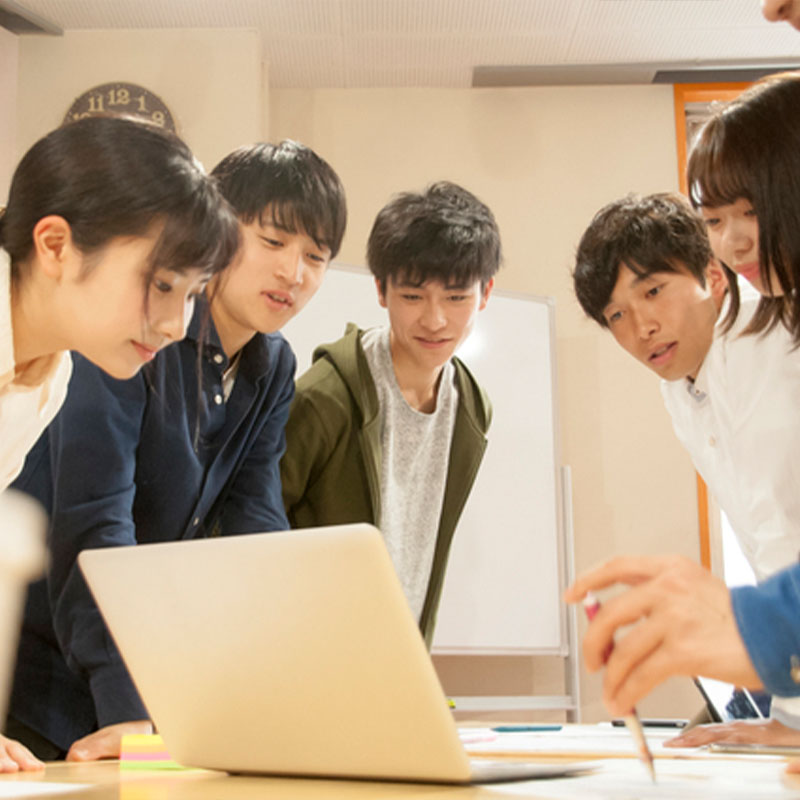
Sales and service industries…
We analyze customer information, purchase history, website browsing history, etc., and propose "products that are likely to be purchased" to users on the site.
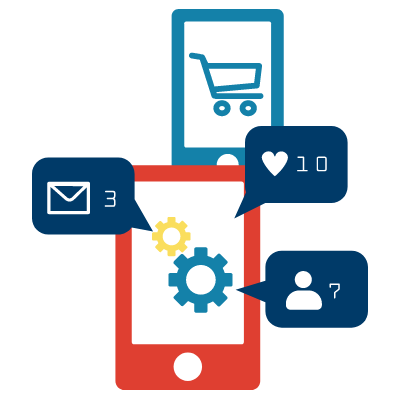
In the medical field…
By analyzing the vast amount of medical data accumulated in hospitals, we are helping to detect, prevent and treat diseases early while reducing the burden on doctors and nurses as much as possible.
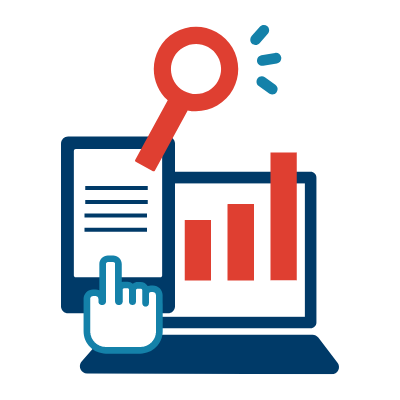
Human Resources to Train and Diploma Policy
Personnel to be trained and Diploma Policy
Shimonoseki City University's "Faculty of Data Science" trains human resources who can contribute to solving social and organizational issues and creating new value by proficiency in the theory and practice of mathematical statistics, informatics, and social sciences necessary to design, analyze and utilize diverse data. Bachelor of Data Science is awarded to human resources (data scientists) with the following four qualities (A to D).
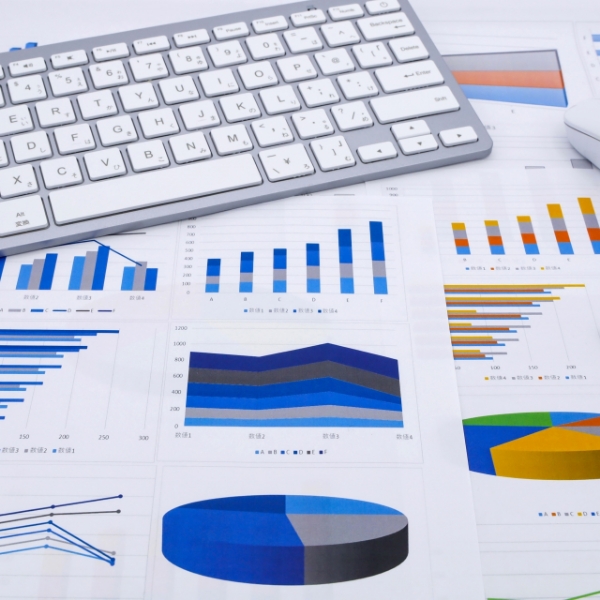
Through his knowledge of statistics and related mathematical sciences, and his experience of analysis utilizing them, he acquires the ability to collect, organize, and analyze data, and logically consider the findings obtained from them.

He has knowledge of algorithms such as information management, analysis, and artificial intelligence, and has the ability to analyze and utilize various forms of data and handle it appropriately through his experience of expressing them on a computer.

By learning how data analysis is performed in the fields of business or healthcare, together with the unique knowledge of each field, students understand the role data can play in society and acquire the ethical and responsibilities (morals) necessary for handling data.

It is possible to cooperate with various people and communicate the statistical interpretation of the analytical methods used and the results in an easy-to-understand manner.
Characteristics of curriculum <curricula>
Features of the Curriculum
The curriculum of the university consists of three pillars: basic education, education, and specialized education.
At Shimonoseki City University Faculty of Data Science, students study mathematical statistics and information science mainly as basic subjects in data science in the first and second years. In addition, from the second year onward, we will establish a group of specialized applied subjects such as "Business Data Science" and "Health Data Science" to develop practical skills. In addition, we will train data scientists who can acquire rich culture and excellent employment skills by taking foreign language education courses, liberal arts courses, career education courses, etc. as basic education and liberal arts courses common to all universities, and utilize various data to create new value in each field and lead to solving various issues.
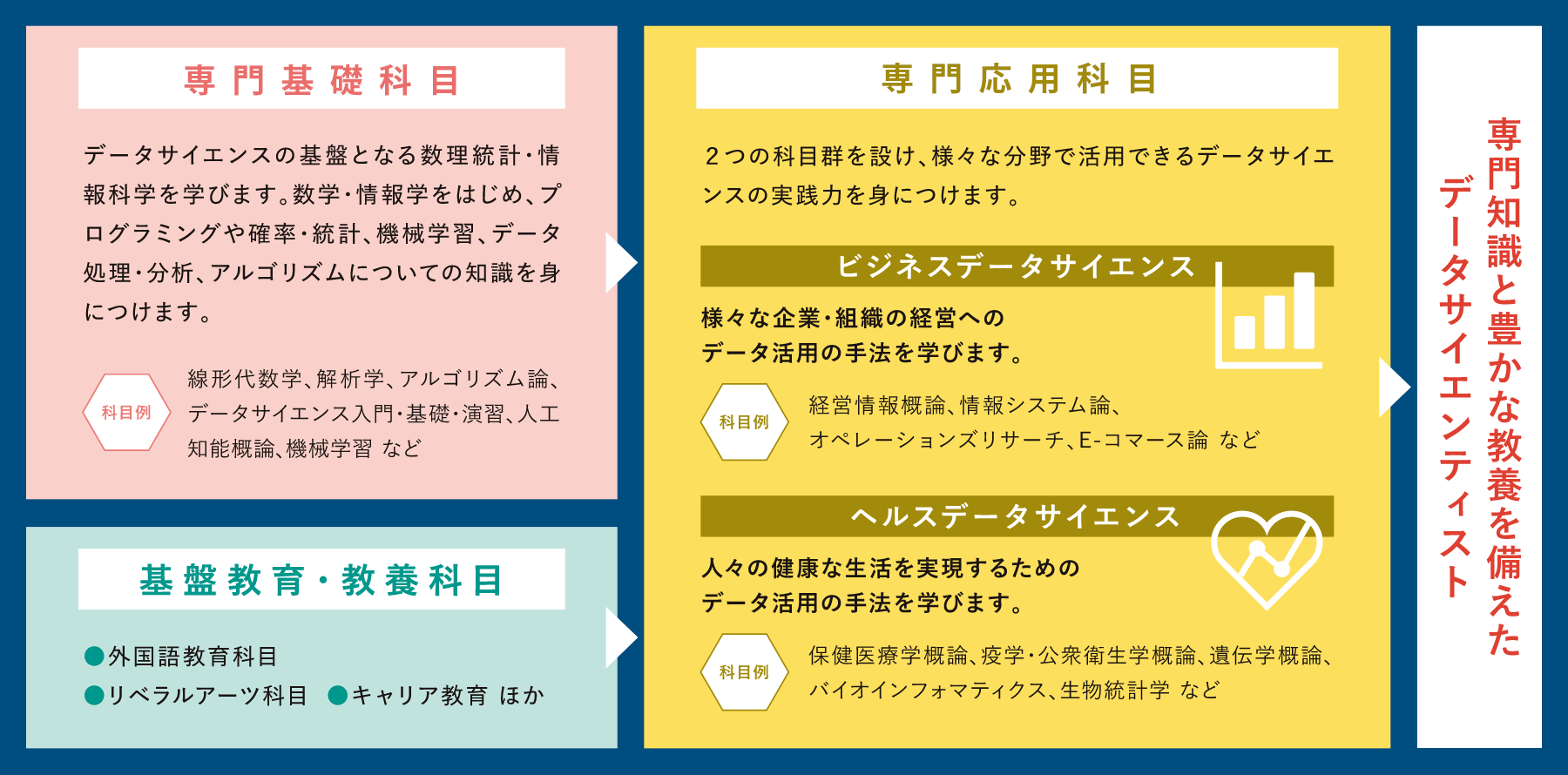
Curriculum to develop practical skills through "business" and "health"
Students will acquire basic knowledge and skills in mathematics, information, and programming through lectures, exercises, and project-type learning subjects.
In particular, in the second to third years, students learn about "business data science" and "health data science" to develop specialized knowledge and practical skills.
| 1st year | 2nd year | 3rd year | 4th year | |
|---|---|---|---|---|
|
Professional foundation
|
Mathematics and Information Basics You will acquire knowledge of mathematics, informatics, statistics, programming and algorithms. |
|||
|
Introduction to Data Science and Basics Understand a series of data science flows and acquire basic skills and ways of thinking. |
||||
|
Data analysis utilization You will acquire a wide range of knowledge and skills in various analytical methods. |
||||
|
Exercise and Graduation Research Develop communication skills, presentation skills, and creative thinking skills |
||||
|
Professional application
|
Business Data Science Learn how to use data for management of various companies and organizations. |
|||
|
Health Data Science Learn how to use data to achieve a healthy life for people |
||||
Example of course model
Basic education for cultivating the basics of learning and morals at universities, liberal arts education with a wide range of knowledge to play an active role in society, specialized basics for learning the basics for enhancing the expertise in data science, and knowledge and skills necessary for applying in real society. We will use a personal computer and develop classes that utilize it.
1st Annual Spring Semester
| Month | Fire | Water | Tree | Money | |
|---|---|---|---|---|---|
| 1 contract | Academic literacy | ||||
| 2 contracts | Business Administration | Constitution of Japan | English | Shimonoseki's Industry and Mirai | Basics of Mathematics |
| 3 contracts | Introduction to Data Science | Information Society and Information Ethics | Sports practice | ||
| 4 contracts | Literature | English | |||
| 5 contracts | The Law of Nature |
3rd year spring semester example
| Month | Fire | Water | Tree | Money | |
|---|---|---|---|---|---|
| 1 contract | Machine learning | Marketing research | Category data analysis exercise | ||
| 2 contracts | Data mining | E-Commerce Theory | Sensitivity Data Processing | ||
| 3 contracts | Operations Research | ||||
| 4 contracts | DS Project | Statistical Social Research Act | Quantitative Data Analysis Exercise | ||
| 5 contracts |
The expected course
After graduation, you will be able to use your expertise in data science to engage in healthcare-related tasks in a wide range of industries, as a planning, marketing, system engineer, or at public institutions and medical institutions.
Example of path destination
- ● Manufacturing, retail, advertising, publishing
- ● IT & Information and Communications
- ● Administration
- ● Health and medical institutions (including university hospitals)
- ● Research Institute / think tank
- ● Pharmaceutical companies
- ● Financial institutions (banks, insurance, securities, etc.)
- ● Graduate school entrance, etc.
Qualifications that can be obtained
The following licenses and qualifications can be obtained by acquiring the prescribed credits (selection system).
- ● Junior high school teacher type license (math)
- ● High school teacher type license (math)
- ● High school teacher type license (information)
- ● Social Investigators
Admission Policy (Admission Policy)
Admission Policy
Based on the image of human resources to be trained, in addition to basic knowledge and skills, the Admission Policy has been set as follows to accept human resources with the ability to think, judge, expressiveness, and independent, diverse and collaborative abilities as admissions.
| A | Basic knowledge and skills required to learn data science include mathematics and foreign languages learned at high schools, etc. |
|---|---|
| B | As skills such as thinking, judgment, and expression, we are interested in daily social issues, and the ability to discover and solve problems using data, and communication skills that enable teams to think about better proposals through exercise classes, etc. |
| C | As independence, diversity, and collaboration, the attitude of learning with a sense of purpose, the ability to understand different cultures and values, and the public spirit gained through activities in the local community. |
Q&As
Question and Answer
- Q
I was a humanities in high school, can I learn data science?
- A
Data scientists can aim regardless of humanities or sciences. In the first place, data science is a science that analyzes data and creates new value while utilizing theories such as mathematics, statistics, machine learning, and programming. To do so, it is necessary to understand society, economy, and human beings, and a literary sense is useful.
- Q
I'm not very good at mathematics, can I keep up with the class?
- A
A minimum of mathematical knowledge is required, but advanced mathematical knowledge is not necessarily required. After enrollment, you will learn the basics of mathematics related to data science as a "Basic Specialized Course". In addition, we are preparing a system for remedial learning.
- Q
What kind of fields can you play after graduation?
- A
Human resources who can utilize vastly accumulated big data will be required in a wide range of fields, both public and private sectors. In particular, OIST is expected to learn practically in the two pillars of "Business Data Science" and "Health Data Science" and play an active role as a planning, marketing analyst, SE, etc.

